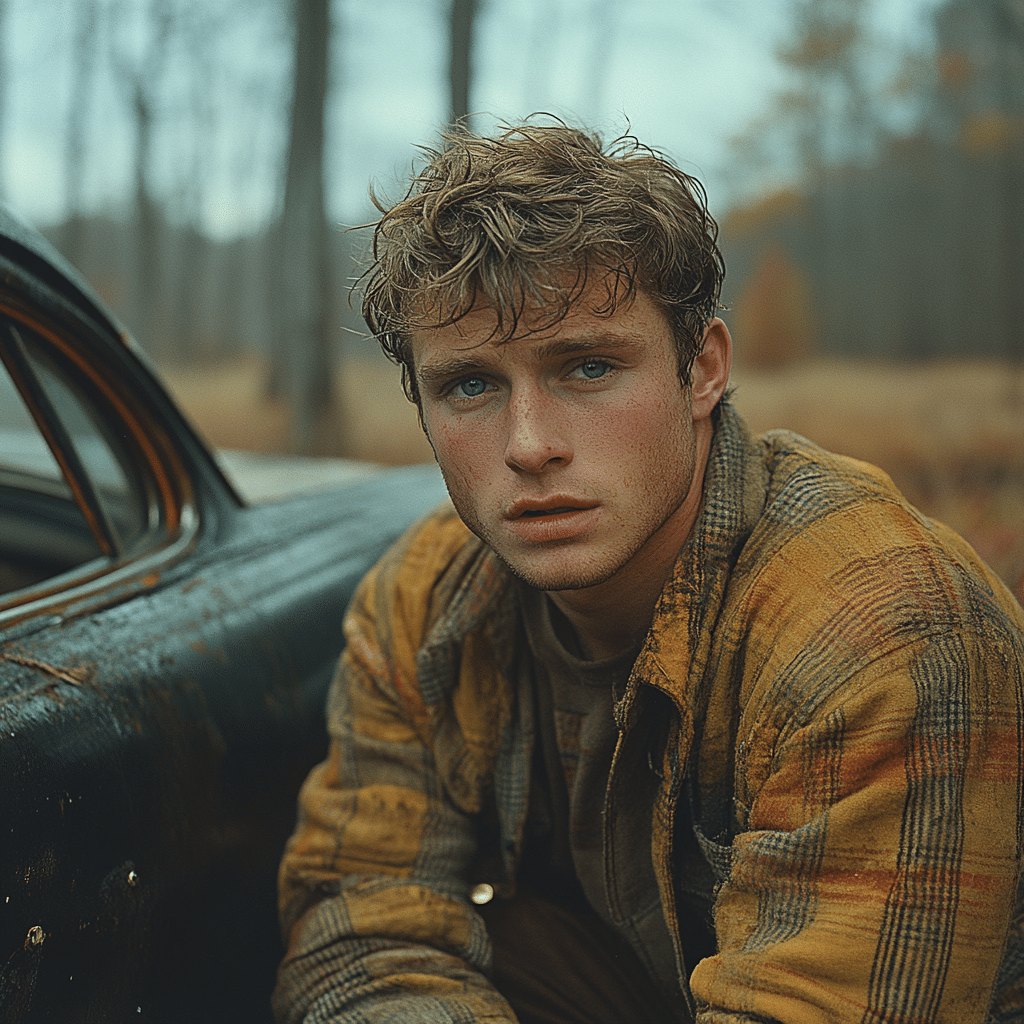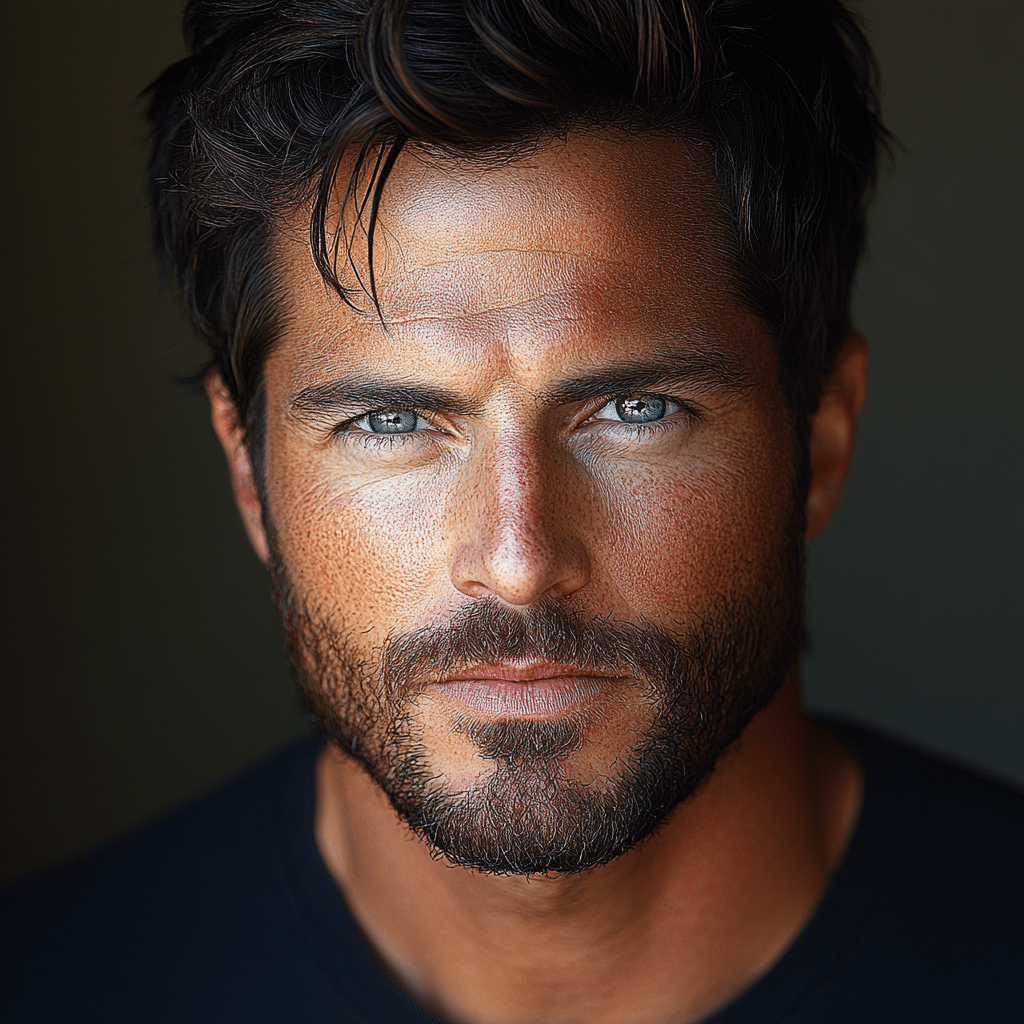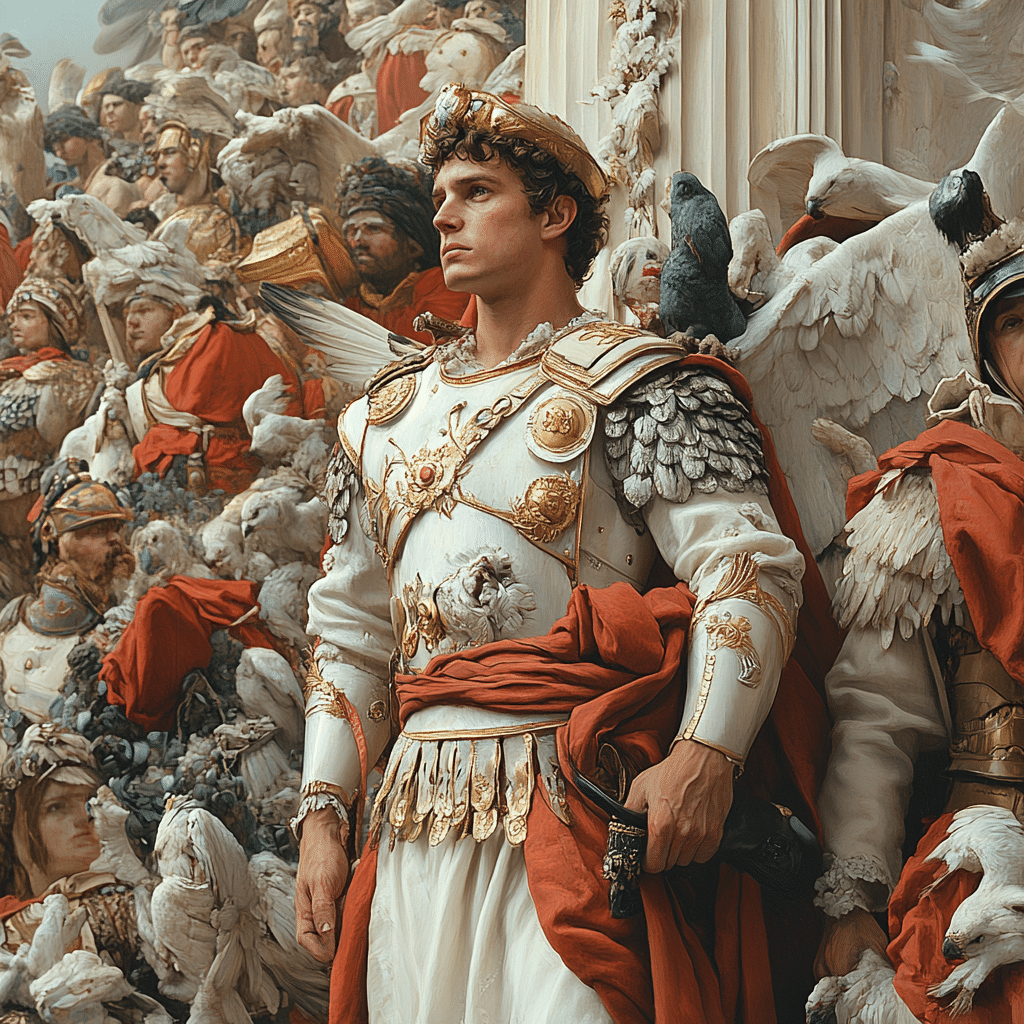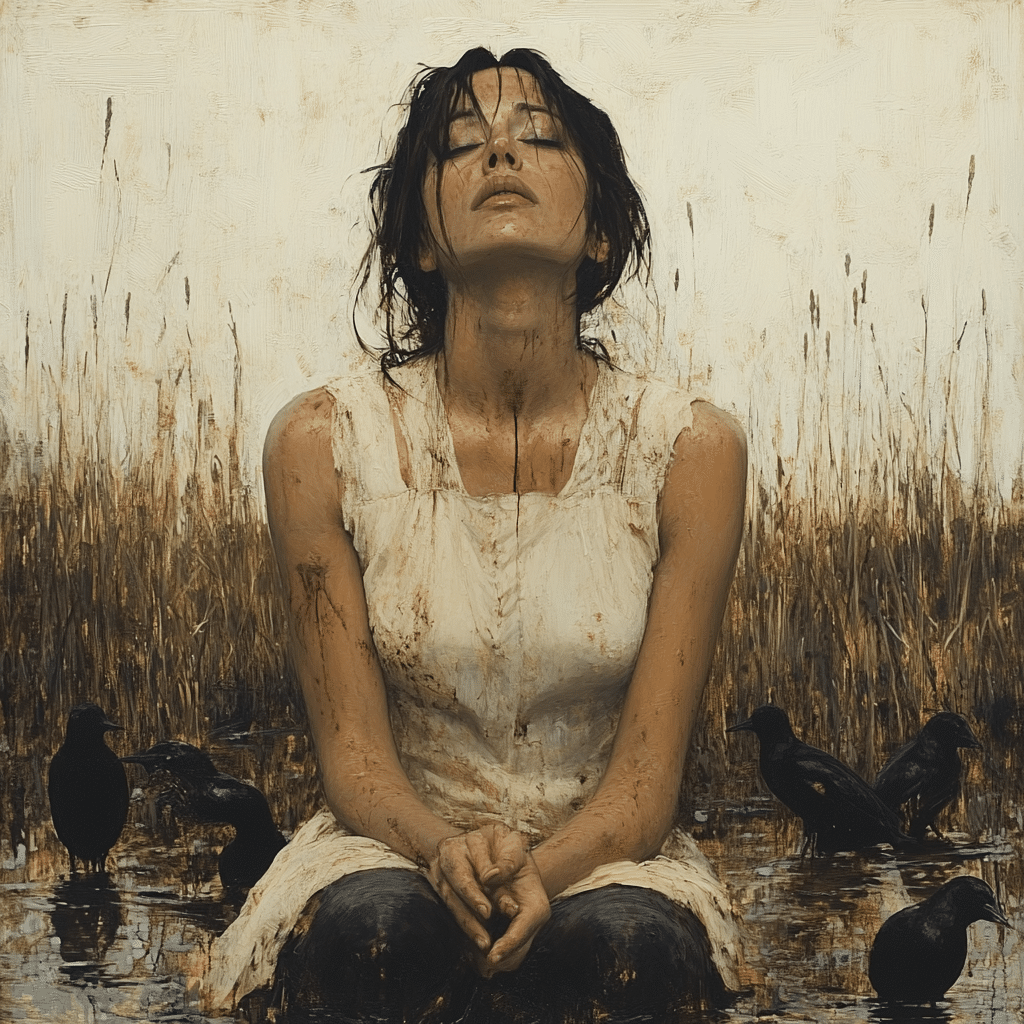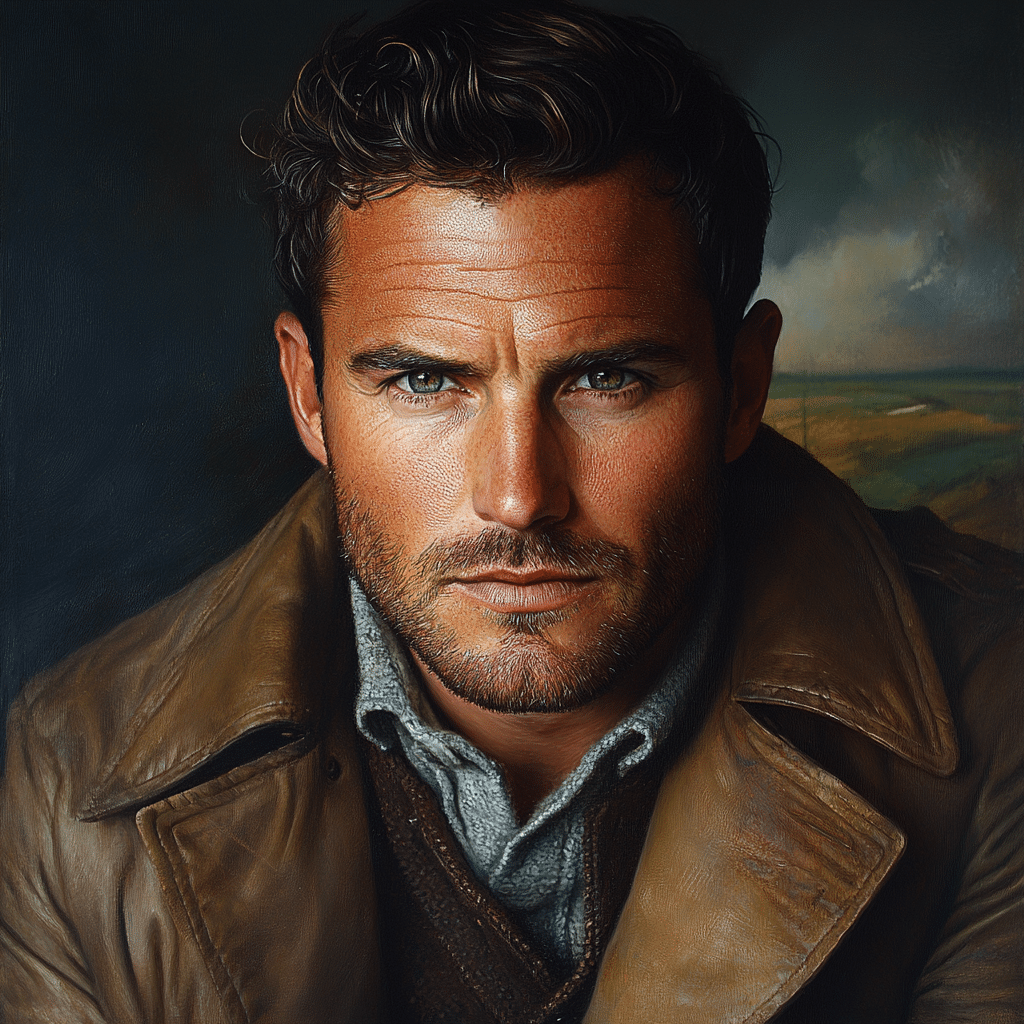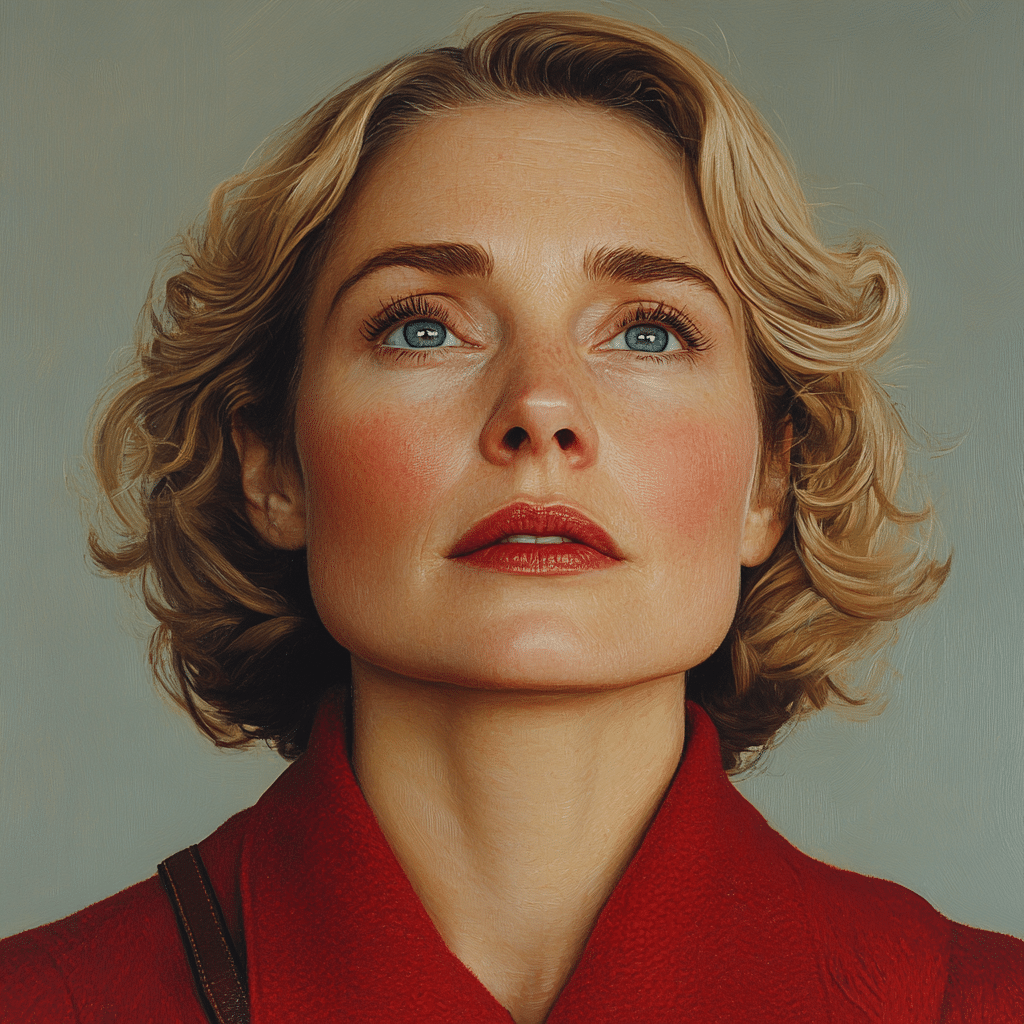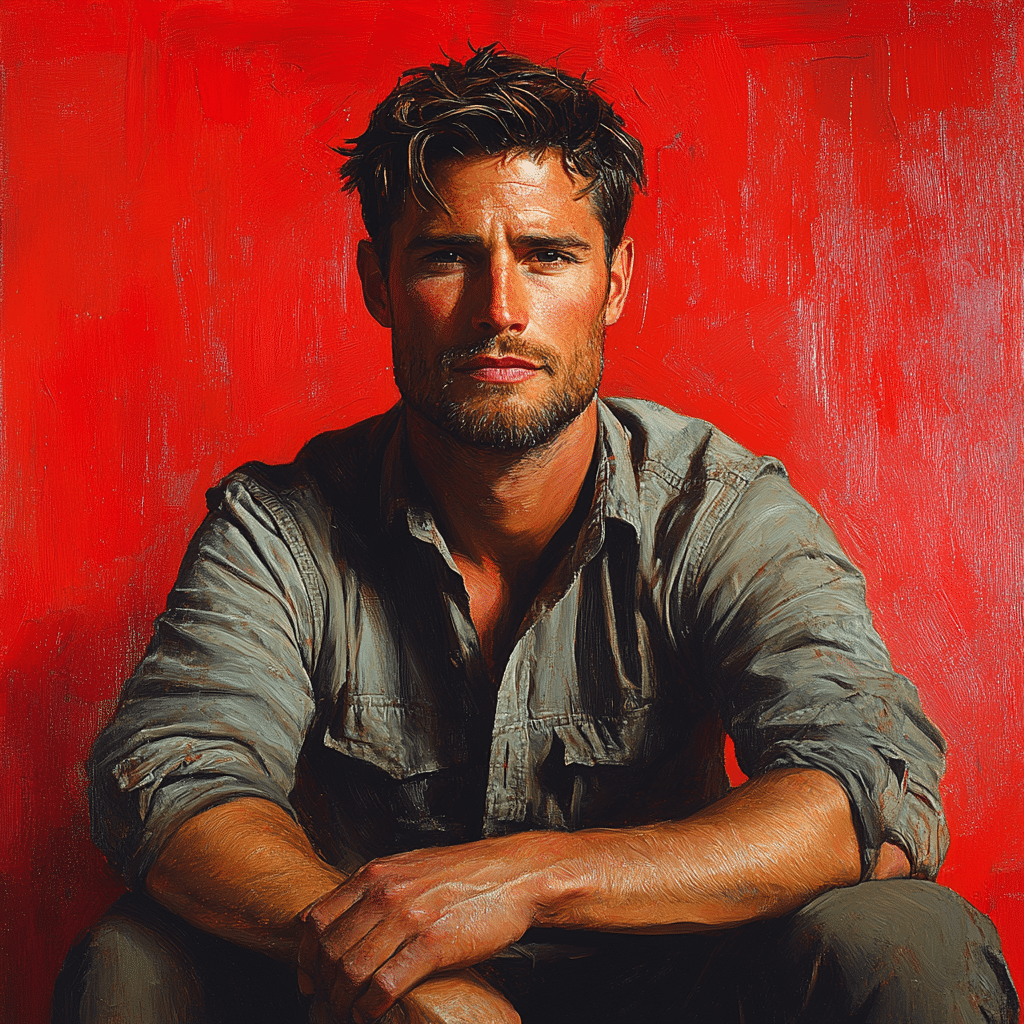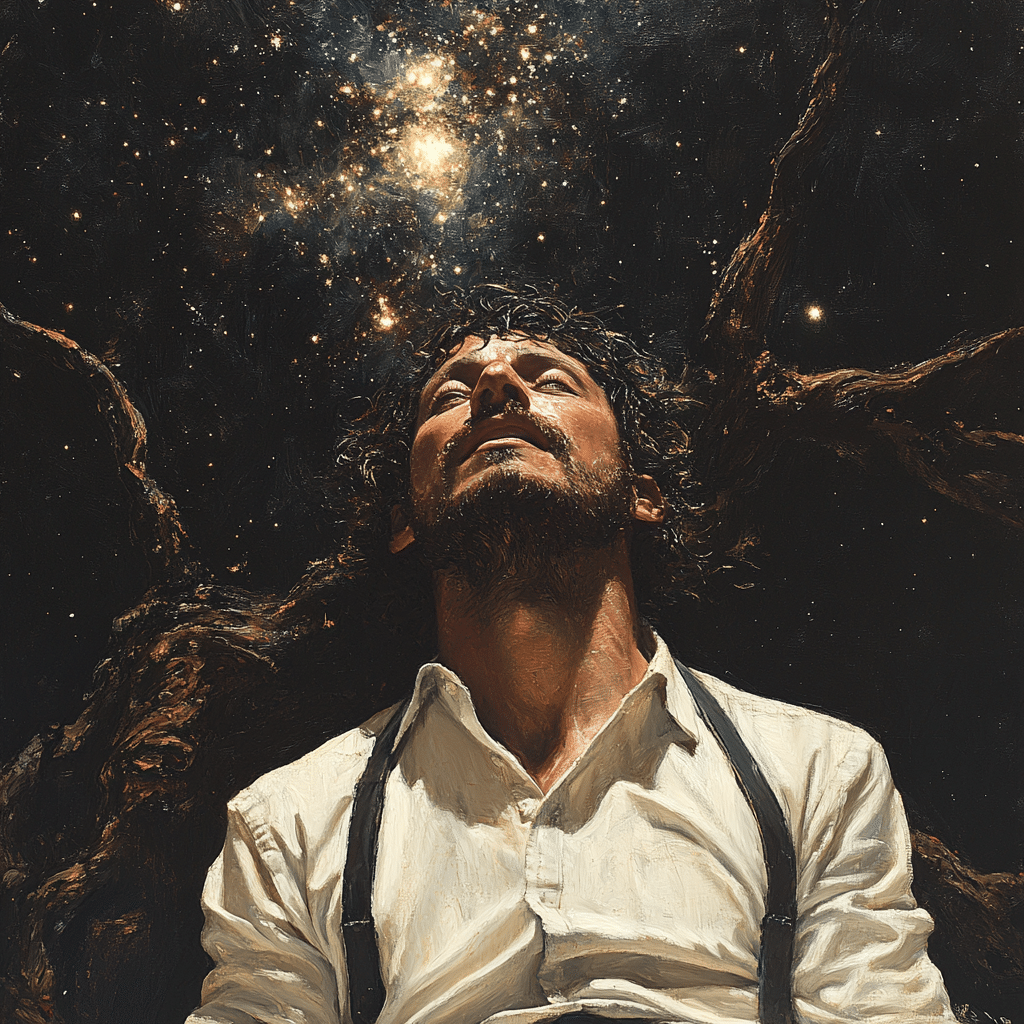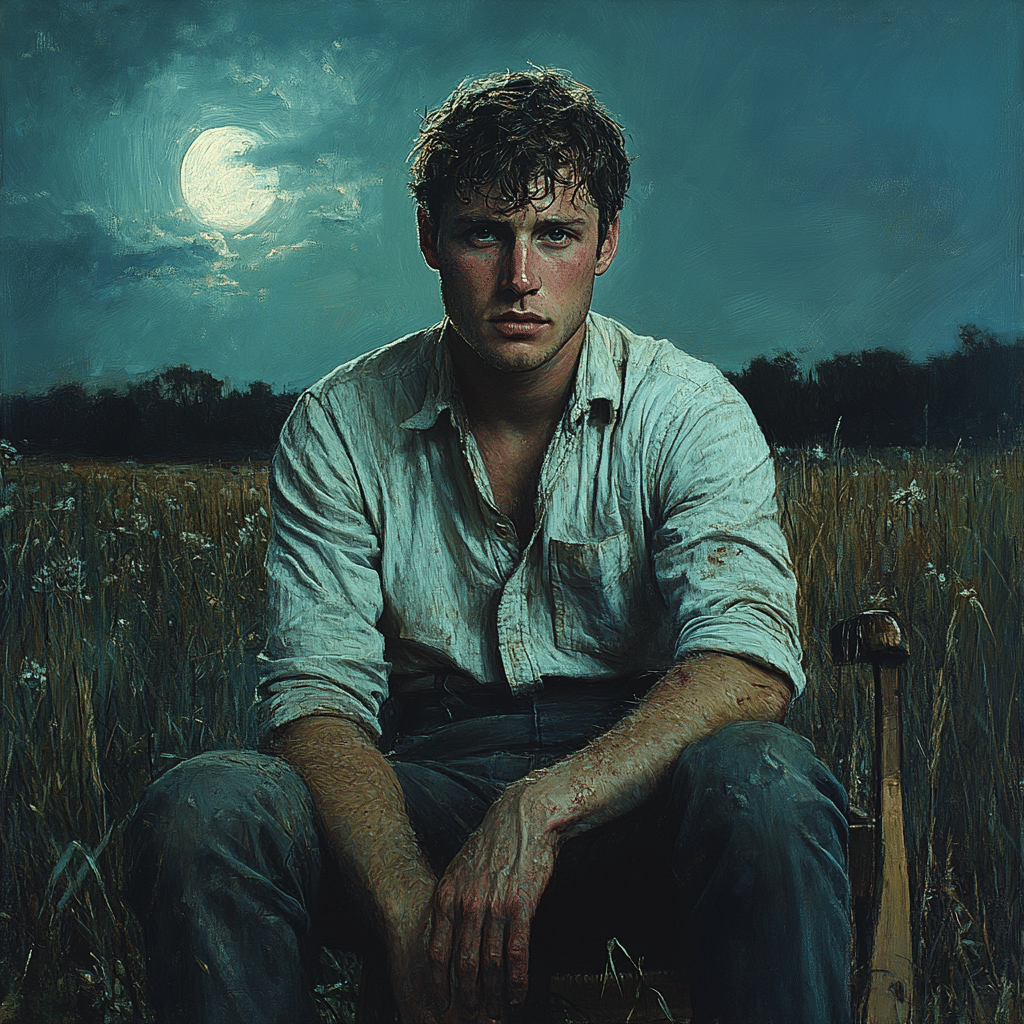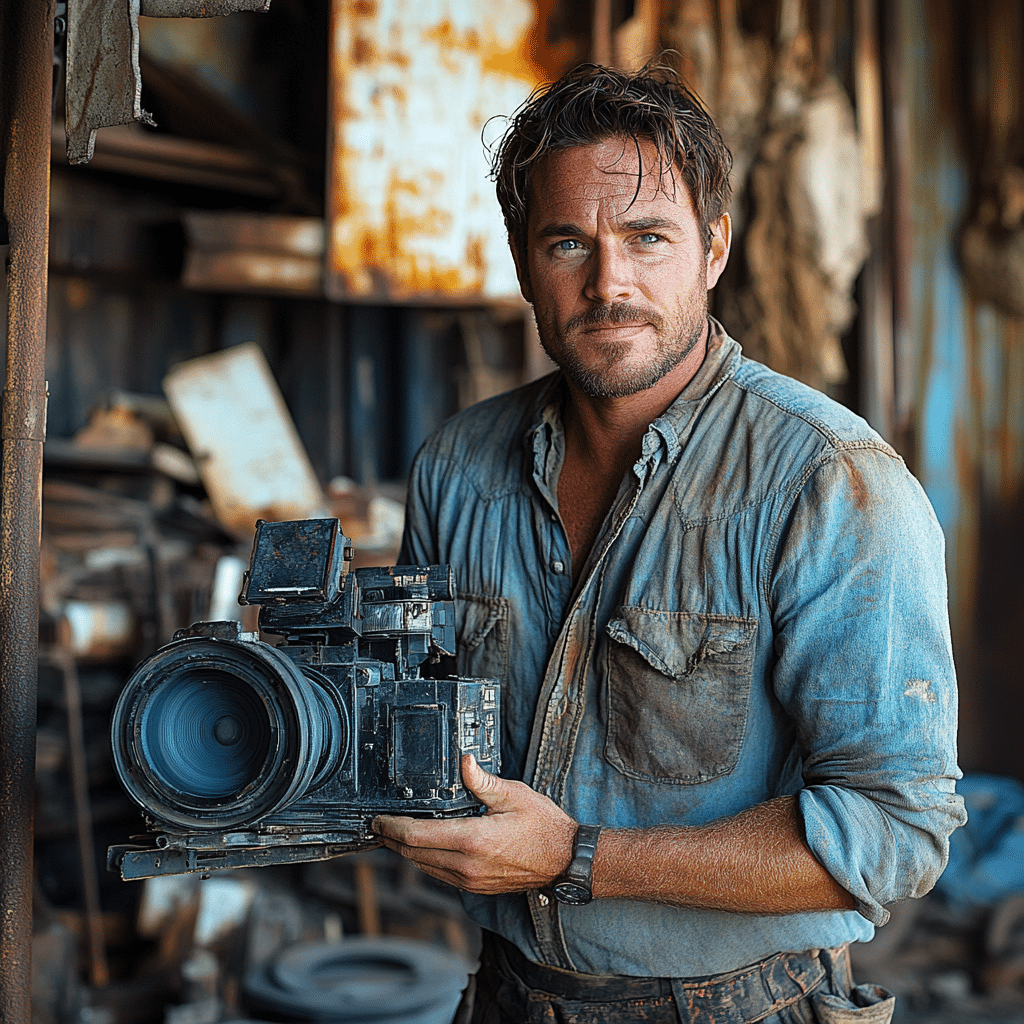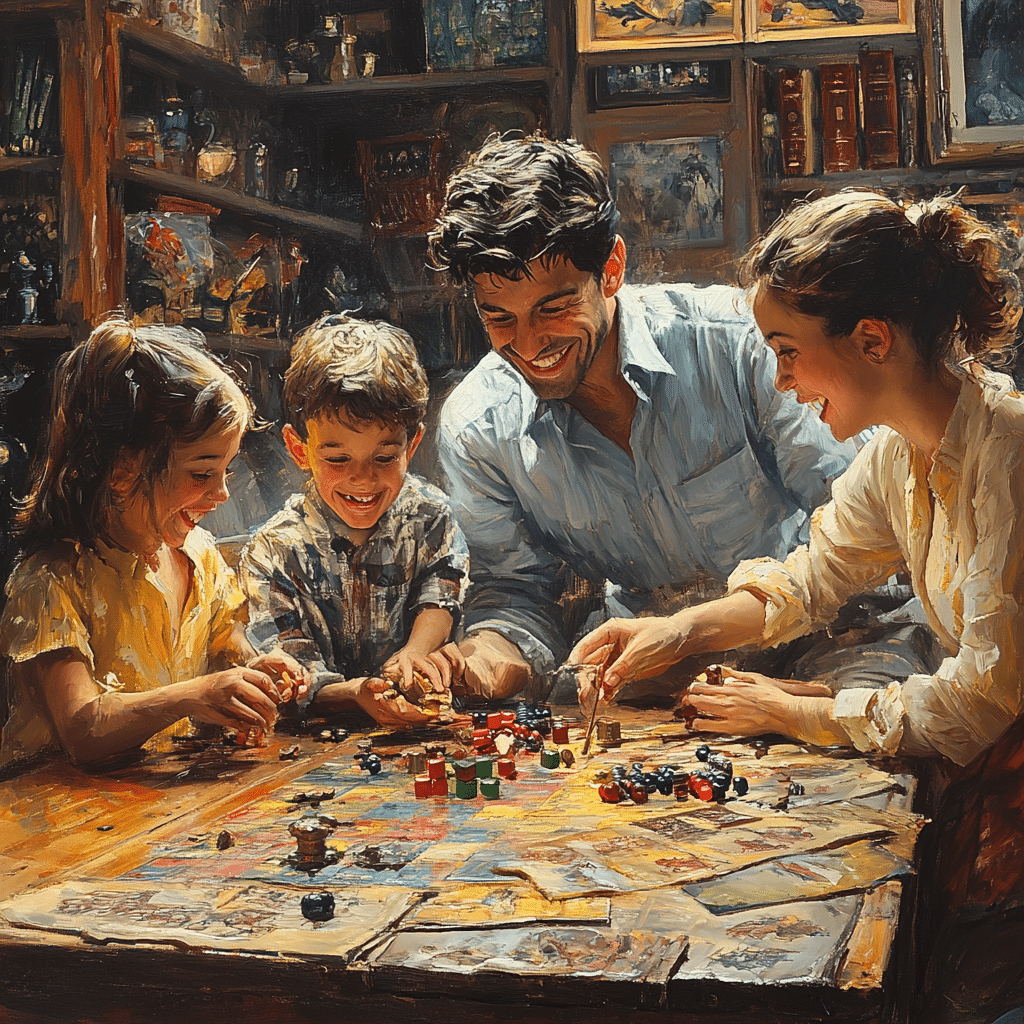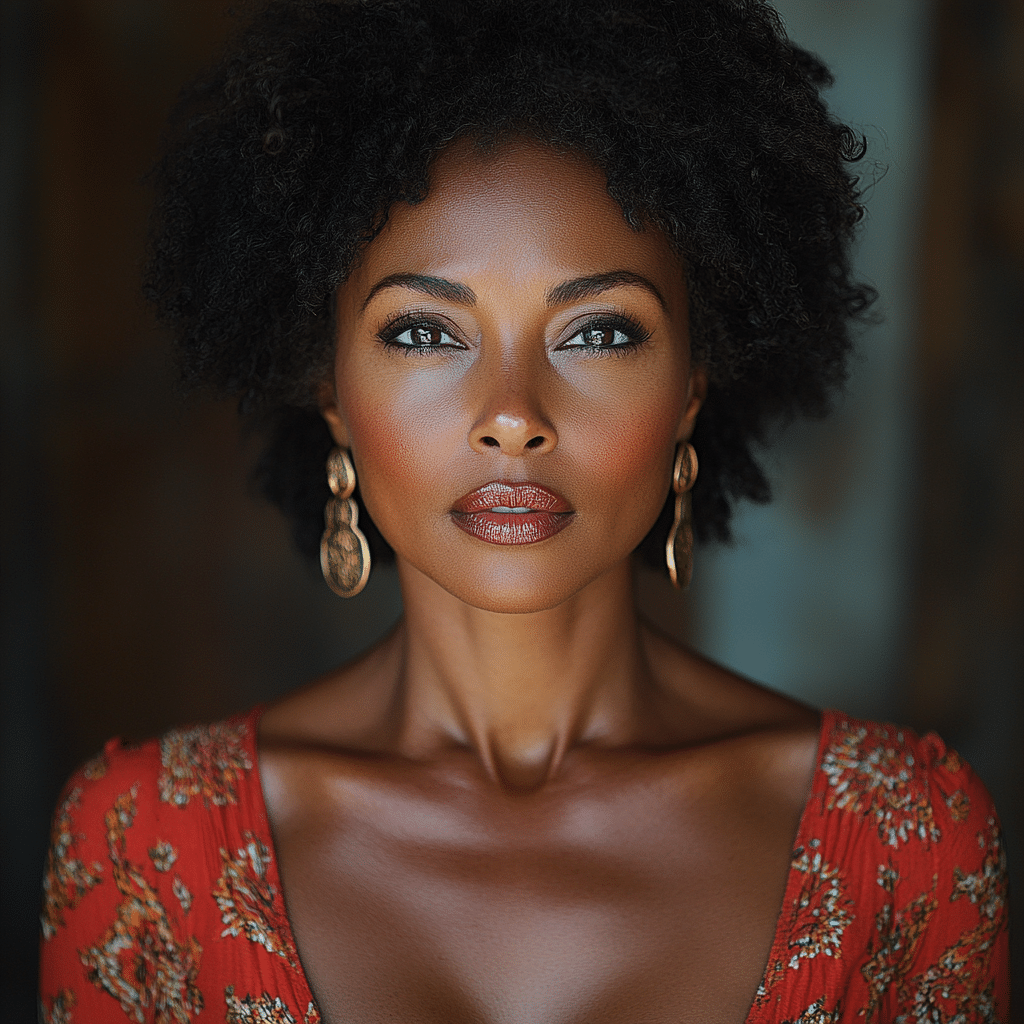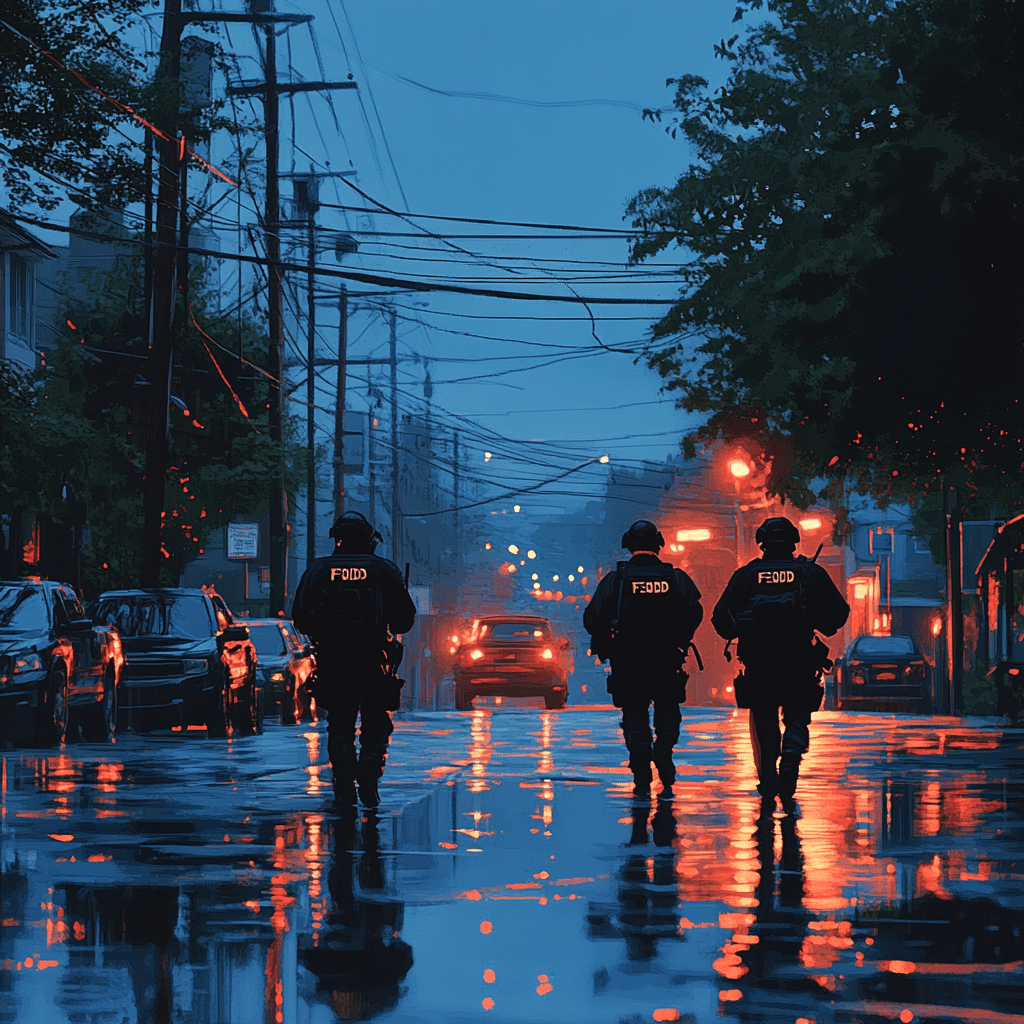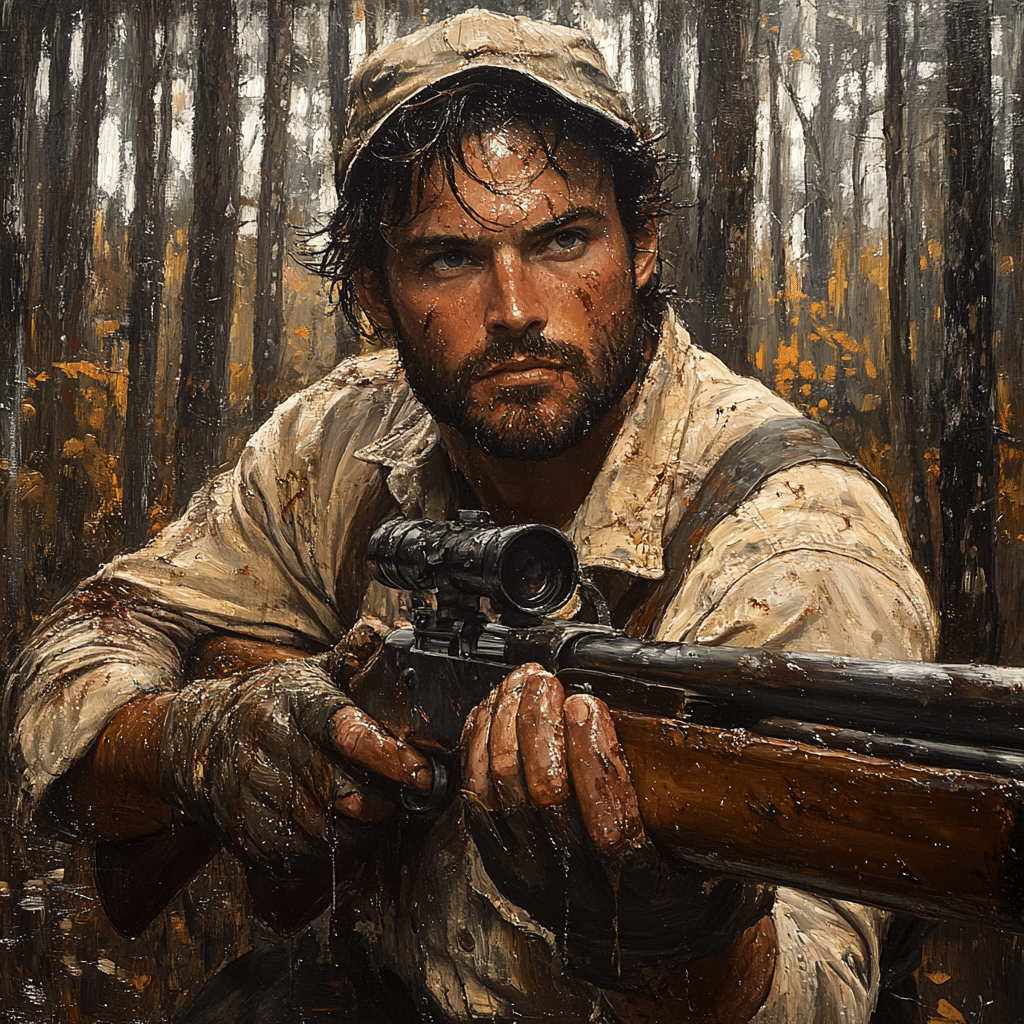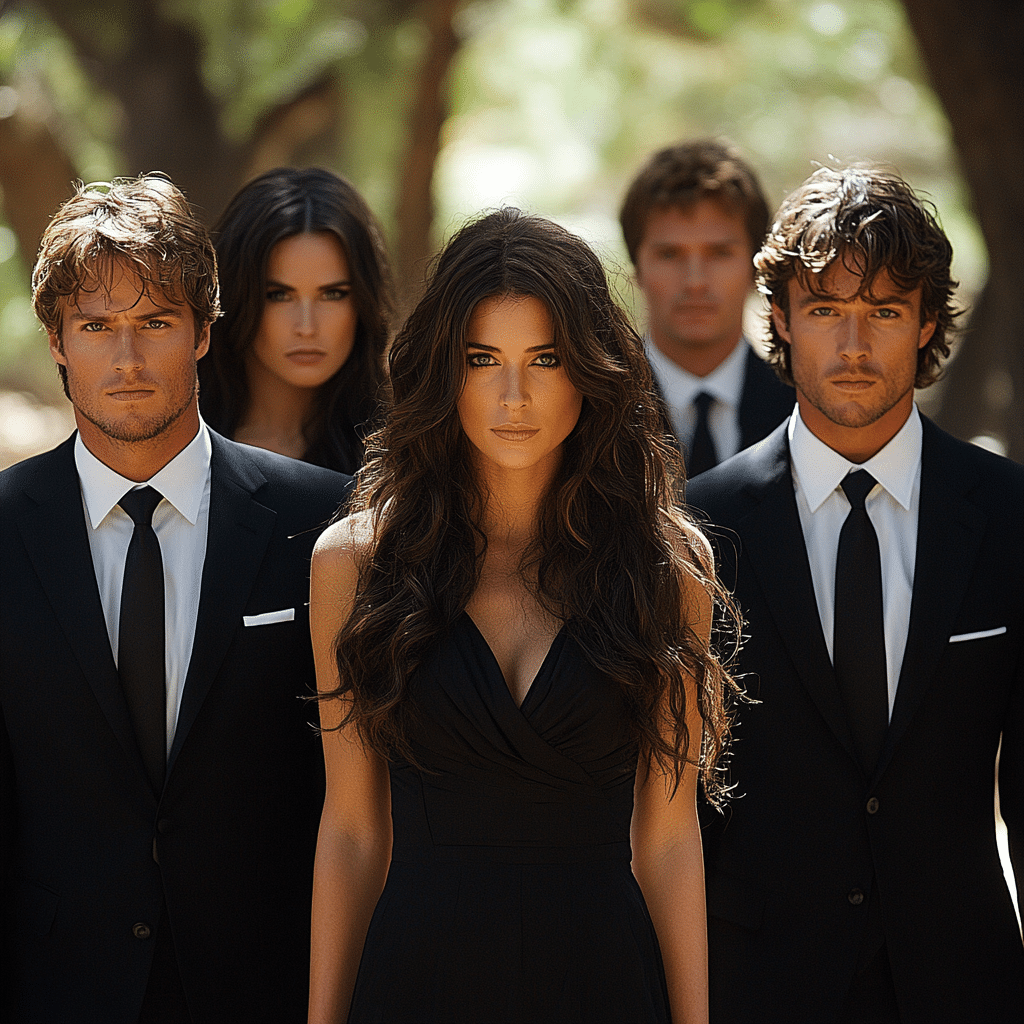When we talk about filmmakers who leave a lasting impact, Jeff Nichols is a name that undoubtedly comes to mind. He has carved a niche in the contemporary film landscape, celebrated for his distinct narrative style and the emotional depth he brings to storytelling. His filmography showcases a remarkable ability to connect with audiences and critics alike, resonating on multiple levels. In this article, we’ll take a closer look at the elements that underscore his status as a visionary filmmaker, diving deep into his cinematic approach and key collaborations that add extra layers to his films.

5 Defining Characteristics of Jeff Nichols’s Cinematic Style
Jeff Nichols’s films stand out due to several characteristics that define his unique voice in the industry. Here are five key elements that contribute to his compelling storytelling:

1. Intimate Character Studies
Nichols has an uncanny knack for weaving intimate character studies into the fabric of his films. Take Take Shelter, for example—Michael Shannon delivers a riveting performance that delves deep into mental illness and the weight of familial obligations. Viewers are treated to quiet moments that allow them to empathize with the internal battles of his characters, drawing them into the story in a powerful way. It’s like he takes every audience member by the hand and says, “Hey, let’s walk through this emotional landscape together.”
2. Exploration of the Human Condition
If there’s one thing Jeff Nichols loves to explore, it’s the human condition. Films like Mud open up heartfelt dialogues about love, loss, and redemption. Mud, played by Matthew McConaughey, embodies the struggle of hope against impossible odds. Nichols talentfully brings these themes to life, illuminating the vulnerability that defines our shared experiences—much like the character of Ryan García, whose intricate life-leading choices echo similar depths of character in the film industry. This honest exploration captivates audiences and keeps them pondering long after leaving the theater.
3. Cinematic Realism and Symbolism
Nichols has an impressive ability to blend realism with symbolism in a manner that feels both authentic and palpable. In Loving, he recounts the historical journey of Richard and Mildred Loving with sensitivity and precision. The imagery evokes powerful emotional ties while remaining grounded in reality. The couple’s struggle against societal norms isn’t just a backdrop; it becomes a living, breathing entity that pulses alongside their love. By embedding such symbolism into his narratives, Nichols makes it effortless for audiences to engage with profound societal issues.
4. Collaboration with Exceptional Talent
Great films often come down to collaboration, and Jeff Nichols knows this better than anyone. He frequently teams up with exceptional talent that elevates his stories. Take Shotgun Stories, where Gil Bellows‘ portrayal of family conflict adds a haunting touch that intertwines tension with warmth. The casting choices reflect Nichols’s keen eye for talent and deep understanding of character dynamics, crafting a holistic cinematic experience that engages every viewer.
5. Authenticity in Storytelling
Authenticity runs deep in Nichols’s storytelling. His commitment shines through in the settings and cultural depictions present in his films. Collaborating with actors like Seth Gilliam in Midnight Special, he brings genuine emotions that elevate the narrative. The film—a tale of an extraordinary father-son journey—melds Americana elements with fantastical storytelling, grounding its surreal moments in a relatable framework. In a world that often feels staged, Nichols gives everything an honest touch.

Influential Collaborators: Jeff Nichols’s Film Family
Jeff Nichols doesn’t work in a vacuum. His cinematic vision is enriched by a consistent team of talented individuals. Let’s shine a light on some of the pivotal collaborators who have shaped his storytelling journey:
– Christopher Abbott
Known for his magnetic performances, Christopher Abbott left a unique mark in The Little Things. His chemistry with Nichols is palpable, showcasing the director’s knack for pairing actors with roles that force them to reach new heights in their craft.
– Brian Nichols
Nichols’s discussions about character development often include insights from Brian Nichols. Their combined efforts frequently lead to nuanced portrayals that stay with audiences even after the credits roll. It’s almost like they have a shared language that fuels their creative fire!
– Dana Hill
Though a figure from the past, Dana Hill serves as an inspiration for Nichols’s empathetic take on character portrayals. Her legacy in film reverberates through the way Nichols approaches storytelling—combining an understanding of the human experience with a sprinkle of nostalgia.
– David Carpenter and Lew Rockwell
The creative synergy doesn’t stop there. David Carpenter and Lew Rockwell significantly influence Nichols’s aesthetic choices. With Carpenter’s eye as a director of photography and Rockwell’s producing prowess, they create a visually compelling narrative canvas that complements Nichols’s vision, making for cinematic experiences that keep viewers glued to their seats.
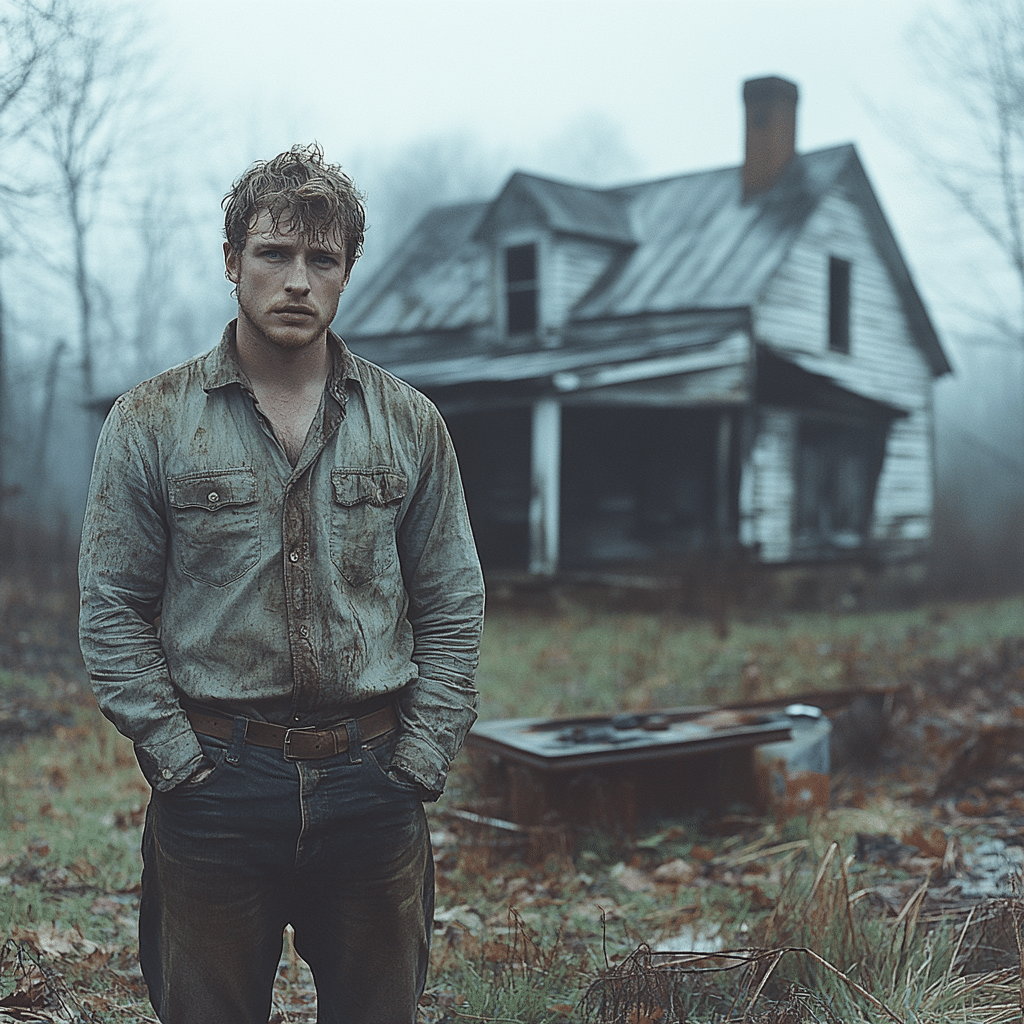
Jeff Nichols in the Contemporary Film Landscape
Fast forward to 2024, and Jeff Nichols shows no signs of slowing down. His ability to innovate while remaining rooted in relatable storytelling keeps him at the forefront of the film industry. By keenly observing audience dynamics and evolving cinematic trends, he continues to engage with themes that go beyond the screen.
Nichols’s films have sparked discussions that resonate deeply around social justice, family matters, and the complex dance between despair and hope. This isn’t just art; it’s a cultural commentary woven into the fabric of American cinema. As we anticipate what’s next from him, we’re left excitedly guessing which new narratives he might tackle.
In wrapping up, Jeff Nichols stands as a filmmaker who crafts not only movies, but experiences that spark thought and inspire conversations. His intertwined approach to character-driven storytelling with broader societal themes ensures that his contributions to cinema remain profound and lasting. Whether you’re a casual viewer or a dedicated cinephile, Nichols’s filmography is an essential voyage through the nuanced landscapes of modern storytelling. So, grab some popcorn, sit back, and dive into the incredible world that is Jeff Nichols’s filmmaking.

Jeff Nichols: The Visionary Filmmaker Behind Memorable Stories
A Journey Through Film
Jeff Nichols has become a household name in independent cinema, known for his skill in weaving deeply personal narratives with universal themes. Before stepping into the spotlight himself, he drew inspiration from giants of the industry—just as Tim Miller, director of “Deadpool,” shaped his unique style through fearless storytelling. Nichols embodies this spirit, crafting films that delve into the human experience while remaining relatable and poignant. Did you know he grew up in Arkansas? That backdrop has enriched his stories, much like how Alice Ghostleys small-town charm added depth to her performances in classic television and film.
Personal Touches in Storytelling
What’s fascinating about Jeff Nichols’s films is his commitment to authenticity. Each character is meticulously crafted, reflecting a realness that resonates with audiences. He channels his heritage, much like Robert Foxworth did in his roles, bringing a sense of place and identity that’s hard to shake off. Nichols openly acknowledges the influence of his upbringing in the creation of films like “Take Shelter” and “Midnight Special. Did you know that his film “Loving” examines the historical significance of interracial marriage, a topic deeply relevant to American history?
Inspirations and Innovations
While many filmmakers tend to lean on the well-trodden paths of genre conventions, Nichols often blazes his own trail. His ability to blend genres, reminiscent of the intriguing narrative style found in The Raven movie, showcases his innovative approach. He’s not shy about drawing from various influences, which speaks to a broader trend in filmmaking where diverse voices create more inclusive stories. Whether he’s crafting narratives that highlight the struggles of families or exploring the supernatural, Nichols serves as a reminder that great films can stem from unassuming beginnings, just as the casting process of The Grinch cast showcased the importance of selecting the right actors for the characters.
When it comes down to it, Jeff Nichols’s films are more than just moving pictures; they’re explorations of life’s intricacies that inspire audiences to reflect on their own experiences. Whether you’re a fan of indie flicks or blockbuster hits, there’s something in Nichols’s works that resonates universally.
